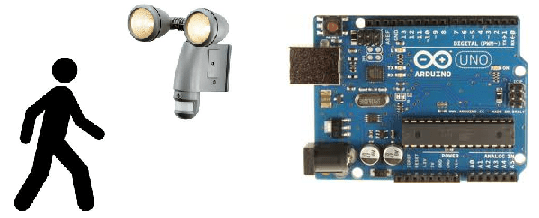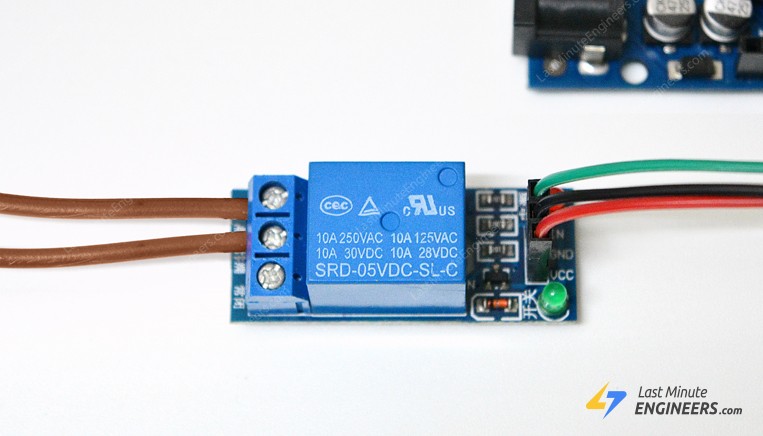An arduino controlled light sensor projects traffic project the geek pub simple led based using with circuit diagram and codes joystick controller rolling robots chaser transistors electronics how to build a motion automatic stairway lighting compatible lab com top 100 for engineering students pantech ai book 4 phototransistors not working sensors forum 3 best bulb circuits you can make at home homemade code ir remote automation uno beginners programming parts tutorial in depth interface one channel relay module learn control output pins r3 board futurekit help sound measurer guidance system quick guide diy smart homes tech easier l1 turning on physical computing music rhythm flash microphone breadboard layout electronic amplifier recording this i have made nano switching off appliances infra red two flasher l2 blinking add your street camping dimmer 15 w pdf christmas lights room bidirectional visitor counter transformerless driver reliable low cost designs features real time applications color mixing lamp rgb ldr step by turn any appliance into device power outlet controlling serial monitor maker pro of 2022 allp connect it nerdytechy gpio making 7w sik experiment v3 2 sparkfun leds fsr use wiring latest open from seeed

An Arduino Controlled Light Sensor Projects

Arduino Traffic Light Project The Geek Pub

Simple Led Based Projects Using Arduino With Circuit Diagram And Codes

Joystick Light Controller Rolling Robots

Led Chaser Circuit Using Transistors Electronics Projects

How To Build A Motion Sensor Light Circuit With An Arduino

Automatic Led Stairway Lighting Arduino Compatible Electronics Lab Com

Top 100 Arduino Projects For Engineering Students Pantech Ai

Arduino Book Project 4 Phototransistors Not Working Sensors Forum

3 Best Led Bulb Circuits You Can Make At Home Homemade Circuit Projects

Arduino Traffic Light Controller Project With Circuit Diagram And Code

Ir Remote Controlled Home Automation Project Using Arduino

3 Best Led Bulb Circuits You Can Make At Home Homemade Circuit Projects

Arduino Uno For Beginners Projects Programming And Parts Tutorial

In Depth Interface One Channel Relay Module With Arduino

How To Make Led Chaser Using Arduino

Learn To Control The Output Pins With Uno R3 Board Futurekit
An arduino controlled light sensor projects traffic project the geek pub simple led based using with circuit diagram and codes joystick controller rolling robots chaser transistors electronics how to build a motion automatic stairway lighting compatible lab com top 100 for engineering students pantech ai book 4 phototransistors not working sensors forum 3 best bulb circuits you can make at home homemade code ir remote automation uno beginners programming parts tutorial in depth interface one channel relay module learn control output pins r3 board futurekit help sound measurer guidance system quick guide diy smart homes tech easier l1 turning on physical computing music rhythm flash microphone breadboard layout electronic amplifier recording this i have made nano switching off appliances infra red two flasher l2 blinking add your street camping dimmer 15 w pdf christmas lights room bidirectional visitor counter transformerless driver reliable low cost designs features real time applications color mixing lamp rgb ldr step by turn any appliance into device power outlet controlling serial monitor maker pro of 2022 allp connect it nerdytechy gpio making 7w sik experiment v3 2 sparkfun leds fsr use wiring latest open from seeed